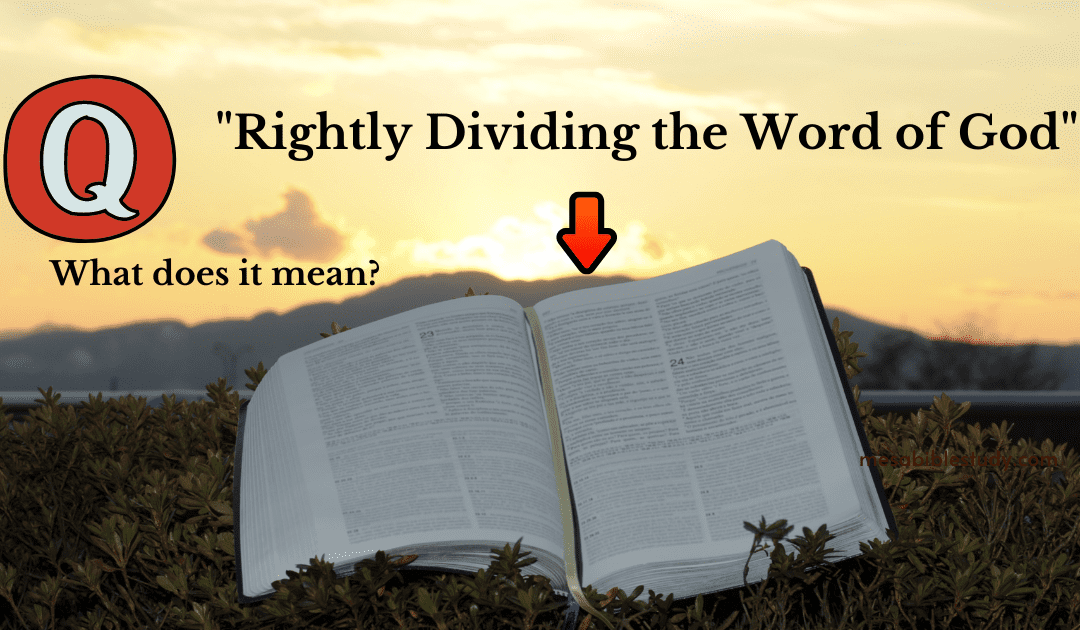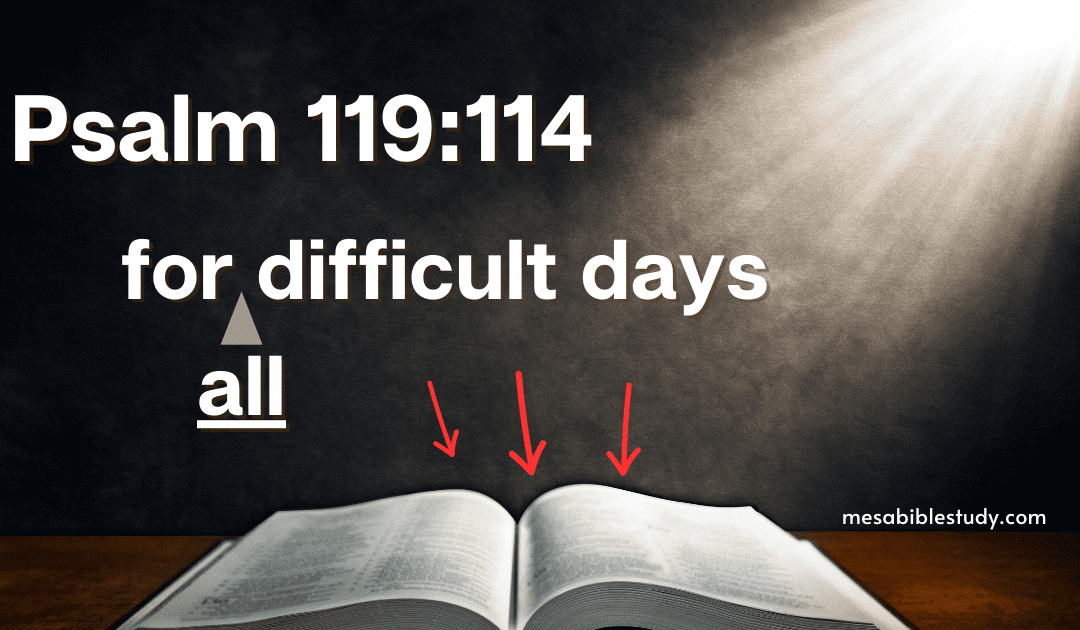
No More Tears: Finding Comfort in Revelation 21:4
Revelation 21:4 says, “And God shall wipe away all tears from their eyes; and there shall be no more death, neither sorrow, nor crying, neither shall there be any more pain: for the former things are passed away.”
What a beautiful and encouraging promise that God has given to us! This is our future. Rejoice!
As we live in this broken world, we often face heartaches and pain. We experience the loss of loved ones, sickness, and broken relationships. It is easy to get caught up in the despair and sorrow of these experiences. However, God has promised that there will come a day when all of this pain and suffering will be gone.
Paul also reminds us of this promise in 2 Corinthians 4:17, “For our light affliction, which is but for a moment, worketh for us a far more exceeding and eternal weight of glory.” This present pain that we feel is nothing compared to the eternal glory that awaits us in heaven.
When we are facing difficult circumstances, it is easy to lose sight of the bigger picture. We can become so focused on our present troubles that we forget the promises that God has given us. However, we can take heart and find hope in the fact that God has promised to wipe away our tears and take away all of our pain.
Let us hold on to this hope and let it sustain us through the tough times. May we look forward to the day when we will be with God, and He will wipe away our tears, and there will be no more death, sorrow, or pain. Let us keep our eyes fixed on the prize and trust that God is faithful to His promises.



